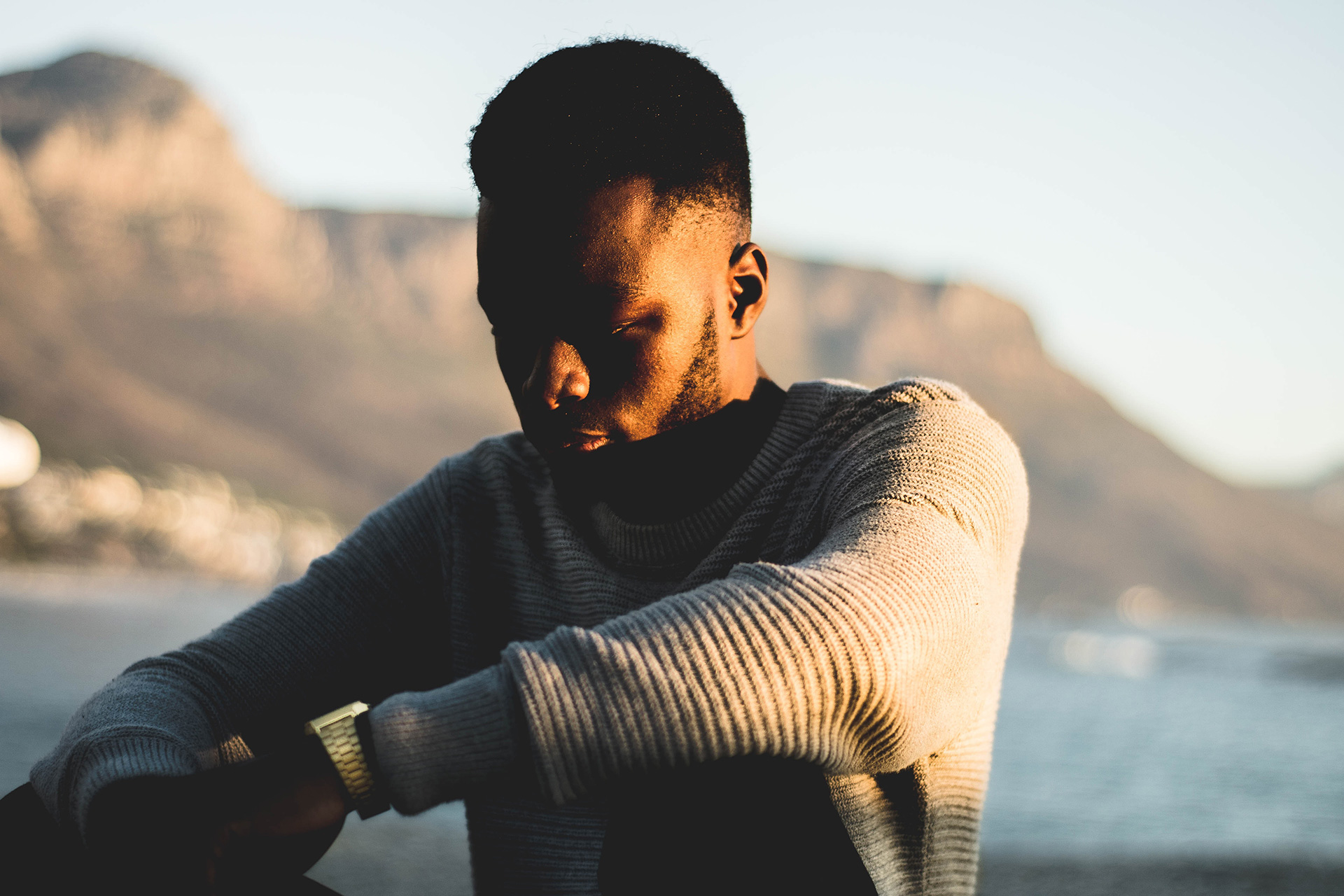They just get on with it don’t they? Men don’t talk about ‘feelings’. Men don’t cry. When they have problems they just…? What? Have a beer or a fight and then it’s over?
Why is men’s pain so trivialised? Made so silent and diminutive? It’s a problem than spans a lifetime. Other than the socially acceptable emotions of anger and aggression we tell young boys that crying is for girls and distress is for cissys. A spokesperson from ChildLine revealed they receive calls from boys as young as nine who are frequently told to ‘man up’ when they are upset. Boys in primary school are told to shut their mouths, hold it in and pretend there is nothing wrong.
Men are just as prone to feeling hurt, angry, upset or depressed. Notoriously men are worse at dealing with such sentiments. Seeking help isn’t an option. Boys don’t cry remember. Men are more likely use ‘self-help’ measures such as drugs or alcohol. They are more likely to seek avoidance behaviours such as pornography or gambling. They are less likely to open up than women, all reinforced by the society we live in.
It is well known that suicide is the biggest killer amongst men under 45. According to Campaign Against Living Miserably (CALM), every two hours a man takes his own life. Often, few people are aware these men are struggling. For someone so young, seemingly confident, with a bright future in front of them it seems to come out of nowhere. But years of trying to suppress feelings of helplessness, isolation and loneliness can rise in an unshakable conviction that the world would be a better place without them. After endless darkness and confusion, suicide offers clarity because we give these men no other answer.
Who are these men suffering in silence, too depressed to leave the house, feel like a fraud when they are socialising with friends, numbing themselves with alcohol and narcotics, contemplating suicide because they genuinely feel they have no other way out of this hole? They are your friends, your brothers, the guy serving your morning coffee, the person sitting silently in a lecture theatre, the rugby playing hero on a night out with his mates. You’ve probably just walked right past him. They are everywhere.
I made the mistake of disregarding these men until I came across Mantality. I assumed their silence and stoicism meant that they didn’t feel emotional pain. I’ve been swept up with the stigma that real men don’t cry, finding such a display of vulnerability uncomfortable. I used to believe when men had a problem there would be a blank box in their mind where problems didn’t get to them. I used to envy men, wishing I had a blank box. There is no blank box, pain does not discriminate against gender.
It took an incredibly raw and frank interview Stevie Ward did with Times Magazine in 2016 for me to realise this. Every boyfriend, male friend and family member has shaped me in some way – from difficulties with my father to the first boy who broke my heart to my current partner who shows me true love in the smallest act. I love men, but I previously felt a barrier between me and them, a degree of distance and ‘otherness’. I did not believe they had the same problems as women, nor did not believe they felt pain as acutely. Mantality broke down all those barriers with its honesty and community. I identified with every word in their articles and podcasts. I felt a discerning connection. It also developed my empathy towards the men around me and finally I had the words to talk to these guys. Notably it gave me a whole new outlook on mental health – it brought positivity and mindfulness to my thinking. It taught me look at situations objectively. Mantality was a space where I felt comfortable, a far cry from the wellness movement with skinny instagrammable girls marketing almond butter through the guise of improving wellbeing.
Until Mantality, I never quite understood the gravity of mental illness as a silent killer amongst men. It takes joy. It robs confidence and sense of self. It takes lives. We need a world that says to all genders ‘I will not judge you if you talk’. I was delighted to get involved from creating a Mantality Society at Leeds University to writing for the magazine.
Mantality offers a new option. You don’t have to self-medicate. You don’t have to shut up. Here is an alternative to internalising pain. Building mental health is never easy, it takes persistence and the best time to do it is now. Do not wait until you’ve reached crisis point. Mental health is a muscle that needs to be regularly flexed for maximum performance and protection from illness. It’s disheartening when the GP loses your referral, your parents refuse to accept you have a problem, your friends don’t take you seriously – but at Mantality we 100% will. There is no shame in mental illness, you are not any less of a person for suffering. Facing your problems head on is inspiring and brave, and we could do with more men like you!
Words by: Imogen Bicknell – LUU Mantality Society

